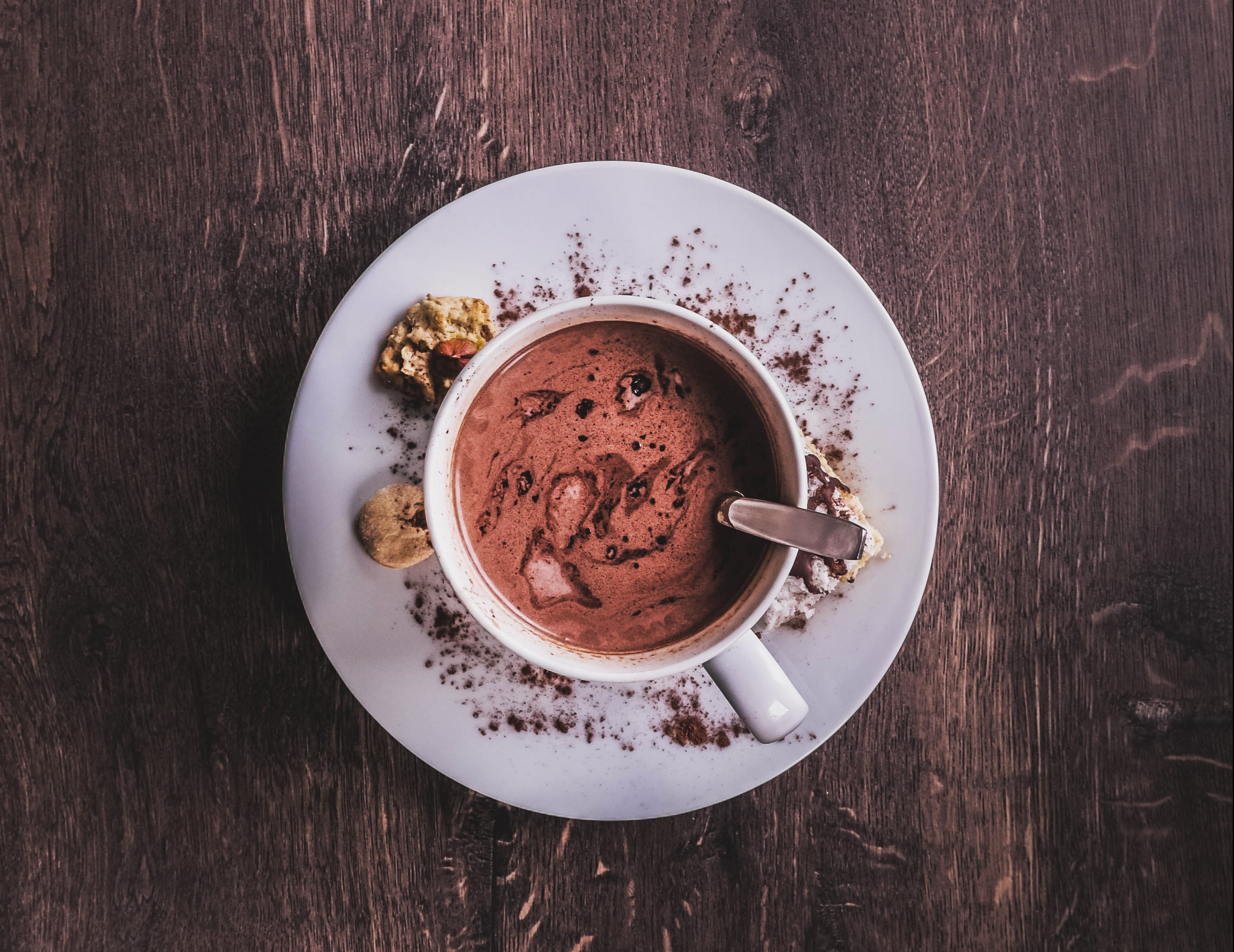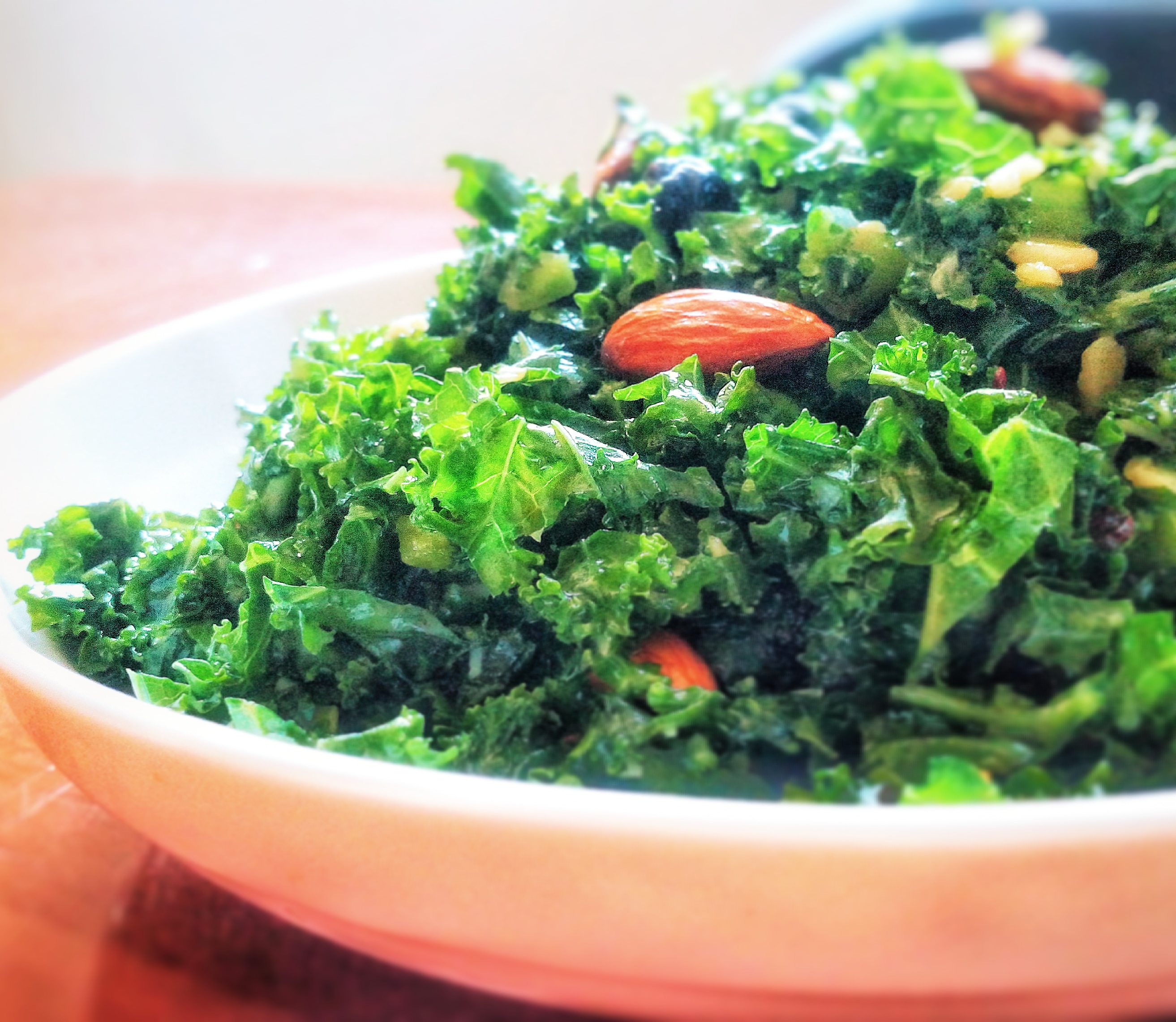Yes, I am a clinical dietitian.
And yes, you just read the title.
Through the screen of my mighty computer, I can see/hear/feel your confusion: “But you are a dietitian, aren’t you supposed to be preaching healthy eating? Aren’t you basically the EMBLEM of healthy eating?”
Lo and behold my friends, the answer is: yes and no.
I am a preacher, an emblem, and a victim of “healthy eating”.
This is the point where you pause, grab a mug of hot chocolate, and wrap yourself in a cozy blanket … because I am about to tell you a story:

On a beautiful afternoon in the fall of 2015, my body gave in – I experienced an excruciating and nauseating abdominal pain that lasted for a week. A full week of physical agony … that potentially saved my life.
The story started about a year before that fateful afternoon.
Like many dietitians, the seed to pursuing this career was planted in adolescence.
During the first year of high school, I was introduced to nutrition in a family studies class. “Wow, food can affect our bodies in different ways based on their molecular components,” I thought, “this stuff is amazing!”
As usual, my hyper-curious teenage brain wanted to dig deeper into the matter. Off to the library I went, followed by a few weeks of devouring books on food and nutrition.
Quick fun question: does reading more books lead to having more wisdom?
Not necessarily. Here is how I see it:
- Wisdom is an essence that we extract from knowledge and lived experience.
- Knowledge is our understanding of the world after organizing and using information.
- Information is a result of data conglomeration after filtering the data through inevitable human errors and biases.
So when my eager teenage self readily worshiped information on calories, macronutrients, and body mass index (BMI) as wisdom, all hell broke loose:
I began to practice “healthy eating” in the forms of:
1) cutting back drastically on fats when cooking (despite compromised taste), because I was supposed to use fats “sparingly”
2) reading nutrition labels all the time, because I was supposed to pick the “right” choice with fewer calories, fat, and sugar.
3) eating a lot of salads (like, a lot), because I was supposed to “load up” on these low-calorie and vitamin-mineral-antioxidant-rich superfoods.
4) minimizing my intake of rice and other refined carbs, because they can supposedly make me “fat”.
5) weighing myself regularly to avoid getting fat, because being fat is apparently “bad”.
I was proudly living up to the standards of nutrition guidelines.

After a month of being my friends’ role model of “healthy eating”, I was obsessing over food to the point where my lunches were always the same: a salad or a hot dog — always predictably less than 350 kilocalories.
Needless to say, I was also meticulously trimming away visible fat on food, replacing “bad” food with “healthy” food, weighing myself daily, exercising for weight loss…
In hindsight, I was in some deep sh**.
The National Eating Disorders Association (NEDA) defines orthorexia as an obsessive fixation on “healthy eating” that impairs well-being. Despite being coined in the late 90s, it is not yet a diagnosis recognized by the DSM-5 – the globally authoritative mental health reference book.
I could have easily checked off 6 out of the 9 signs and symptoms of orthorexia suggested by NEDA. Not a good sign.
After a year of this spiralling descent into food obsession hell, my digestive tract has had enough. To this day I still don’t know the exact cause of my intense abdominal pain, but something in my body pulled the alarm, and I knew intuitively that this food obsession madness had to stop.
It had to stop – before little “Ana” (anorexia nervosa) comes knocking at my door.
This story had a happy ending, although it did take me another year to fully repair my relationship with food.
As for body image acceptance and appreciation … well, that took a few more years to achieve.
In the process of clearing these viscerally distressing hurdles, I became increasingly aware of those who are still deep in the abyss, struggling against food, weight, and body image.
What shocks and upsets me the most is that children have also fallen prey to these disturbing internal struggles. Take Quebec – my current headquarters – as an example, one in two high school students are not satisfied with their bodies.
As paradoxical as it sounds, I believe that our global infatuation with healthy eating and healthy weight comes with a very dark side — a murky veil of toxic thought-smog that insinuates disordered eating, weight stigma, and “fatphobia” into our lives, our thoughts, and eventually, our values.

I think our society as a whole is pretty darn obsessed with pursuing thinness, moralizing health, and dichotomizing food into “good” and “bad”.
But we are doing all these at what cost?
I want to leave you with a few questions, to spark some self-reflections as well as conversations with your families, friends, and healthcare providers:
1.Why do you worship thinness so much that you are willing to endure self-imposed body demolition in order to achieve it?
2. Why do you feel so righteous when you slap the labels of “obese, lazy, unhealthy, worthless, pathetic, ugly, and stupid” onto fat people?
3. Surely you are familiar with “don’t judge a book by its cover”, but why do you chuck this piece of wisdom out of the window when it comes to body sizes?
4. And finally, how is your relationship with food? How compassionate are you towards your own body?
May love, peace, and resilience vanquish our internal struggles.

